CASA BLOGS
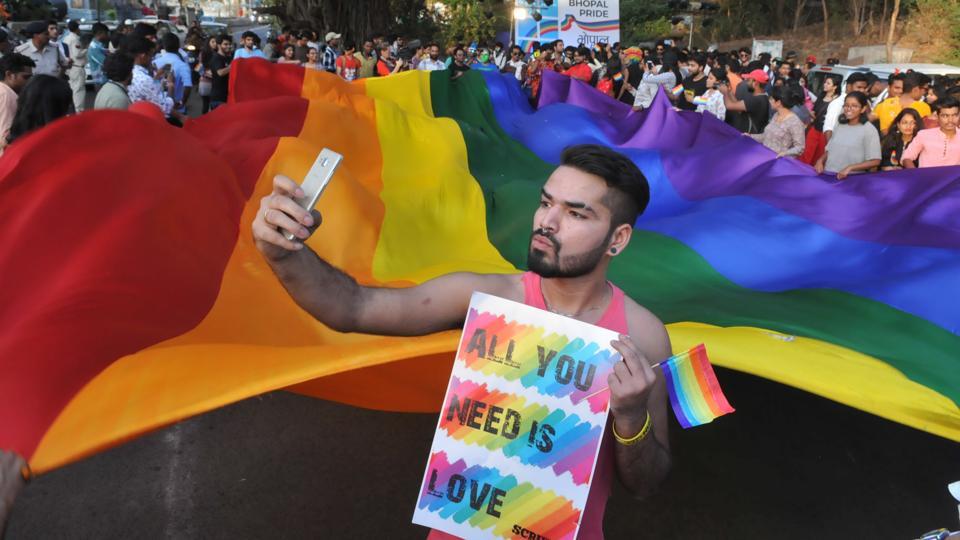
De/Criminalising Homosexuality: WHAT’S THE UPROAR ALL ABOUT?
A five-judge constitutional bench led by Chief Justice of India Dipak Misra is currently hearing petitions challenging the most-talked about subject in the country right now – Section 377 – that criminalizes consensual intercourse between two adults of same sex.

By Nidhi Joshi | Intern – CASA Communications
The continuing uproar among the LGBTQ (Lesbian, Gay, Bisexual, Transgender and Queer. Queer making the list in 1996 for those who are questioning their sexual identity) community made its way to the discussion table of Supreme Court this time. However, the fight to scrap Section 377 has been more than a decade long struggle.
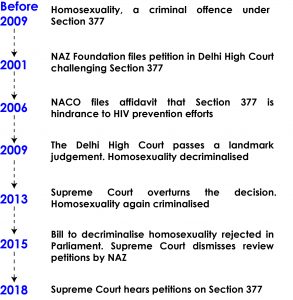
In 2008, a queer pride parade was germinated in Delhi in support of the LGBTQ community. Thousands of people gathered to celebrate their different sexual orientations and wanted to the country that they were breaking a discourse of the unspoken reality.
A similar resistance broke out in the developed countries like United States during the same time followed which California Government legalized same-sex marriage. With even the developing countries like Nicaragua, Panama, Ecuador legalizing same-sex marriage, a broader movement and discussion entered India resisting the archaic law of 1860 and brought the matter in a court room in 2009.
In 2009, Justice A.P Shah and Justice S. Murlidhar of the Delhi High Court described Section 377 as a “violation of fundamental rights of Articles 14, 15 and 21,” in its verdict of the petition filed by Naz Foundation in 2001.
Article 14 guarantees equality before the law, Article 15 prohibits discrimination on grounds of religion, race, caste, sex or place of birth, and Article 21 guarantees protection of life and personal liberty.
This landmark judgment led to the decriminalization of homosexuality. However, three years later, the Supreme Court overturned the HC’s decision pointing it to be “legally unsustainable” and left it to the Parliament to amend the law. In 2015, the government voted against the Bill to Decriminalize Homosexuality.
The Bill clearly states that “Whoever voluntarily has carnal intercourse against the order of nature with any man, woman or animal, shall be punished with [imprisonment for life], or with imprisonment of either description for a term which may extend to ten years, and shall also be liable to fine.”
Later in August 2017, with the introduction of the Right to Privacy as a fundamental right, the government observed that “sexual orientation was an essential attribute of privacy.”
Presently, petitions have been filed to decriminalize Section 377. These petitions are the firsts to be filed by private citizens coming together from the LGBTQ community members and not from a specific organization. People who are directly affected by the law have come forward to raise their voices against it with many sympathizers and supporters of the community.
CJI Misra on Thursday clarified that “suppose Section 377 is read down, then the LGBTQ members will be at par with other citizens.” Later in the discussion, the Supreme Court of India stated that “homosexuality is a variation and not an aberration.”
Another judge on the panel, Justice Indu Malhotra observed the difficulties faced by the LGBTQ community and the lack of medical facilities. “The members of the community feel inhibited to go for medical aid due to prejudices against them. They do not get proper medical care because of these inhibitions even in the medical fraternity,” she said.
The three days of court has highlighted some important concerns of the affected people and the hearing is still in process.
Cover photo credit: Hindustan Times
 Previous Blog Post Special Edition | Women In Maharashtra Lived To Tell Their Tale
Previous Blog Post Special Edition | Women In Maharashtra Lived To Tell Their Tale HIMALAYAS’ OWN NATURE AND, GARBAGE TRAILS
HIMALAYAS’ OWN NATURE AND, GARBAGE TRAILSFeatured Post
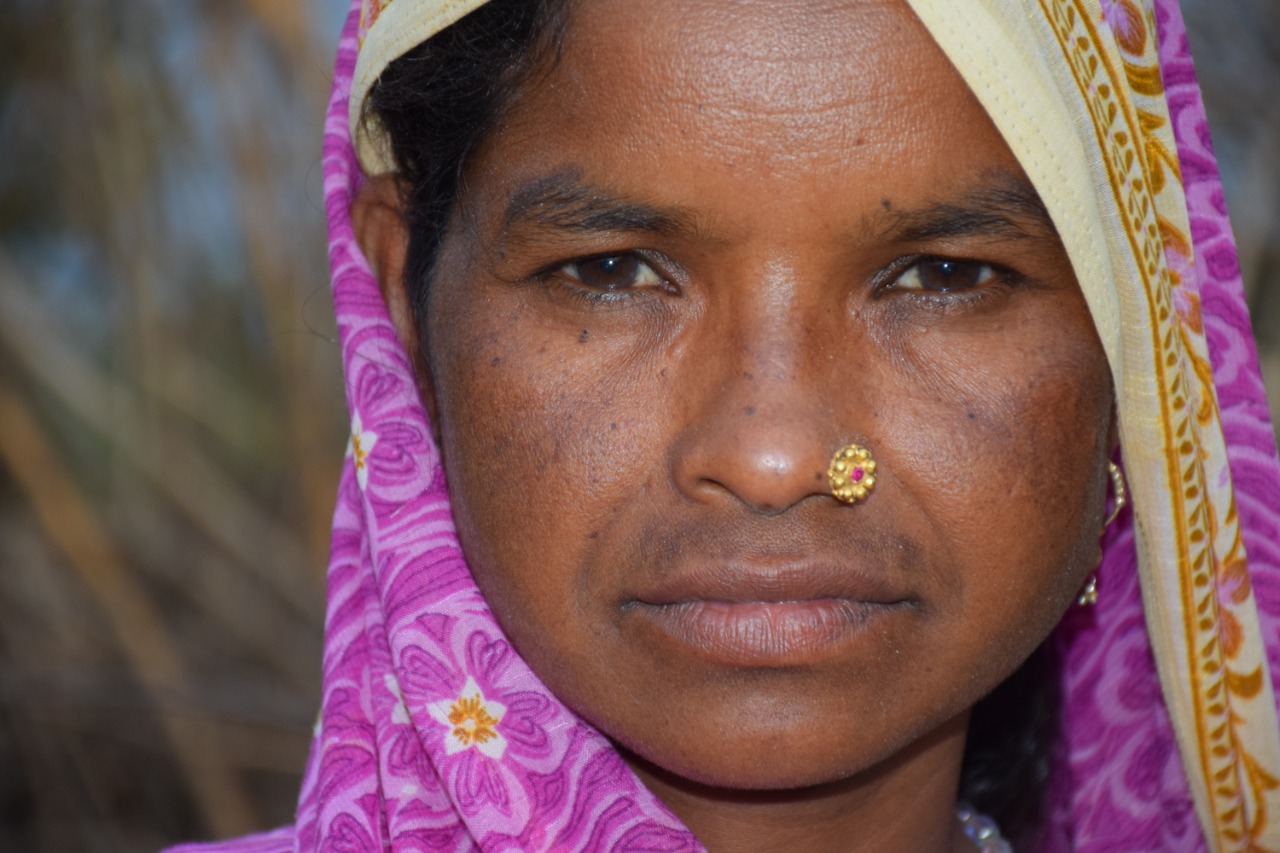
Mental Health Awareness in India: Addressing Key Challenges
8 Nov 2024
Mental health awareness is crucial in India, where millions silently struggle with mental health disorders, including depression, anxiety, and bipolar disorder. Despite growing recognition, India faces unique challenges in effectively addressing mental health issues. The stigma associated with mental illness remains a primary barrier. In Indian society, mental health issues are often misunderstood, leading to […]
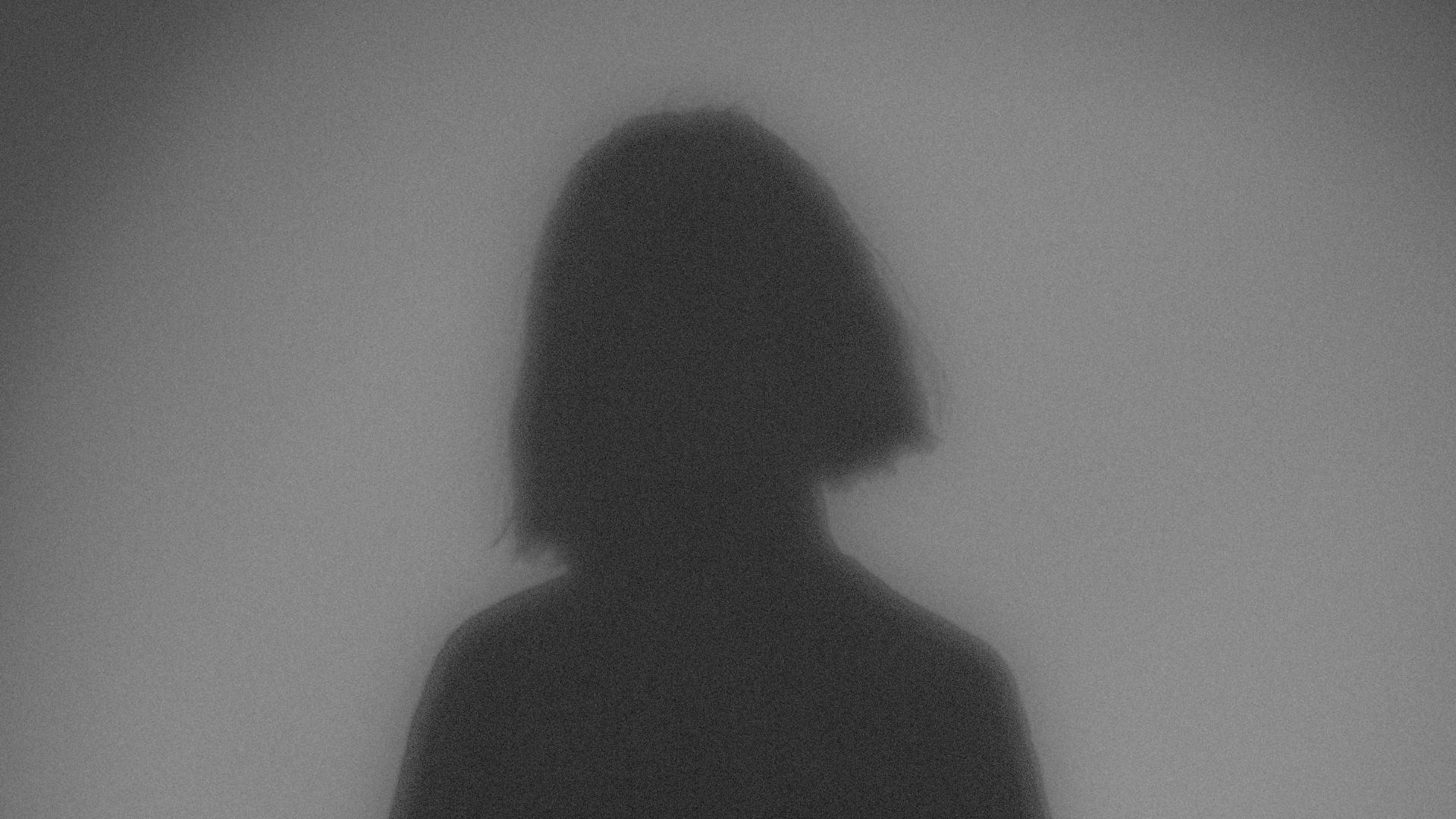
Ensuring Girls’ Safety in India: A Path Toward Empowerment
20 Aug 2024
Girls’ safety in India remains a critical issue that has garnered increasing attention over the years. Despite various reforms and efforts from both government and civil society, challenges persist. From street harassment to domestic violence, gender-based discrimination continues to limit the freedom and safety of girls. While significant progress has been made in addressing these […]
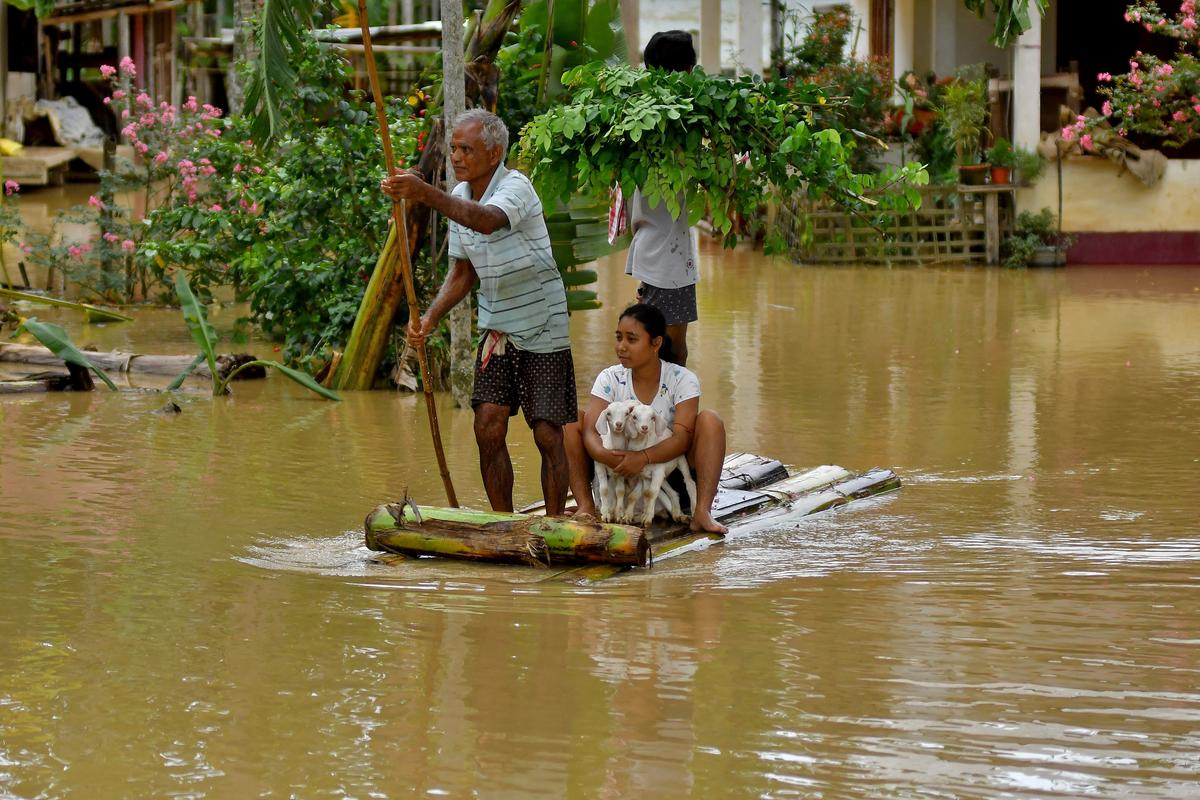
The Connection Between Monsoons and Floods in India: An In-Depth Analysis
9 Jul 2024
India, a land of diverse climates and geographical features, relies heavily on the monsoon season for its agricultural and water resources. However, with the benefits of the monsoon rains come significant challenges, particularly in the form of floods. This blog explores the intricate relationship between the monsoon season and flooding in India, providing detailed insights […]


